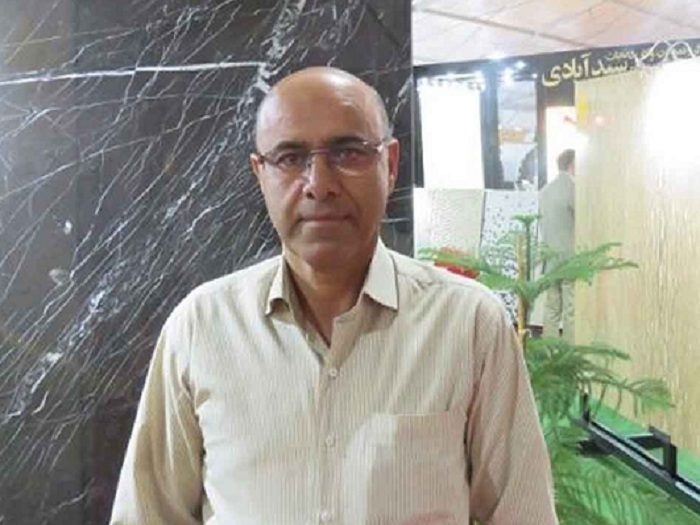Iranian stone industry entangled in non-expert decisions

Member of the Board of Directors of Iran International Stone Exhibition: Due to lack of proper rules in the field of mine ownership, lack of efficient in-house processing equipment and lack of support from universities in the industry, we have not been successful in exporting processed stone.
According to the Iranian International Stone Exhibition, Hossein Karbala'i, an activist of the stone industry and a member of the board of directors of the International Stone Exhibition, said in an exclusive interview with the Iranian Stone News Agency: Consider all aspects of the country's stone industry for the next fifty years to make a detailed plan and implement it.
"The life span of most of the decisions currently being communicated and enforced is very short and only applies for one or two years or even less," he said. After a short time, managers realize that their decisions are not working properly and are no longer executable, so they make other decisions again, and this vicious cycle is repeated in succession.
Directors of Iran International Stone Exhibition continued: The lack of long-term policies has led us to fall behind many countries in the stone industry. About forty to fifty years ago in Iran, stone processing machines were manufactured or assembled, but in Turkey at that time there was nothing called the stone industry. Today, they have reached the point where they export their machines to other countries.
He added: "Some of our production units are very satisfied if they import a processing machine from Turkey and some are proud of it, but we have not yet seen a plant that imports and uses Iranian machines." What is the reason for this backwardness?
He said: Due to lack of proper laws in the field of mine ownership, lack of efficient processing equipment in the country and lack of support from universities in the industry, we have not been successful in exporting processed stones.
He noted: The machines in many Iranian factories are outdated and with these machines we cannot supply our processed stone in international markets and compete in this field.
Karbalaie said there is no precise planning for the proper use of existing decorative stone resources and resources. Some of our minerals in the world are unique and unmatched, and careful exploration of these resources is required if this is not the case and many of these reserves are running out.
He said: Government-owned companies operating in some of Iran's valuable mines are not exempt from this, and they have put more extraction on their agenda to achieve greater profits. Many of these mines have been in storage for only a few more years.
He emphasized: For the valuable stones of the country that do not have peer in the world should be extracted restrictions and arranged to minimize the amount of loss of these stones in the extraction and processing.










